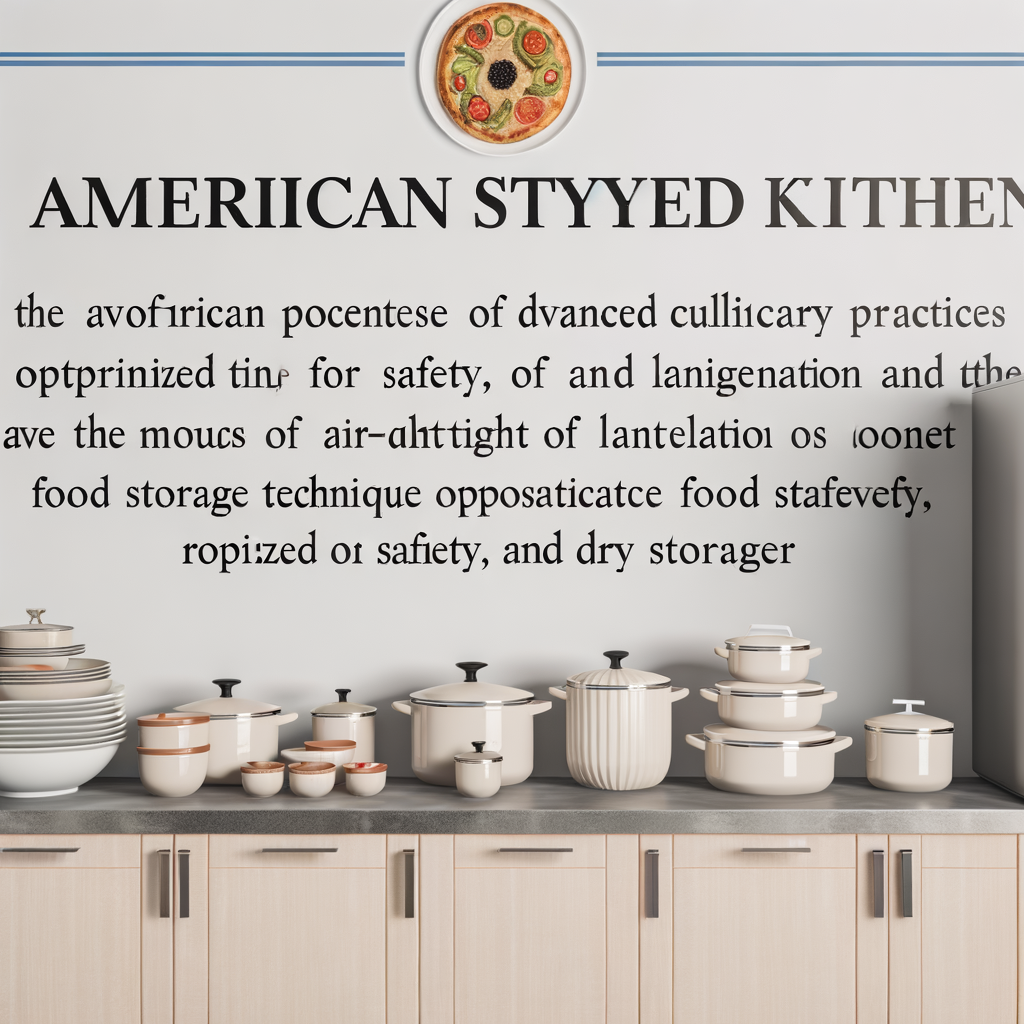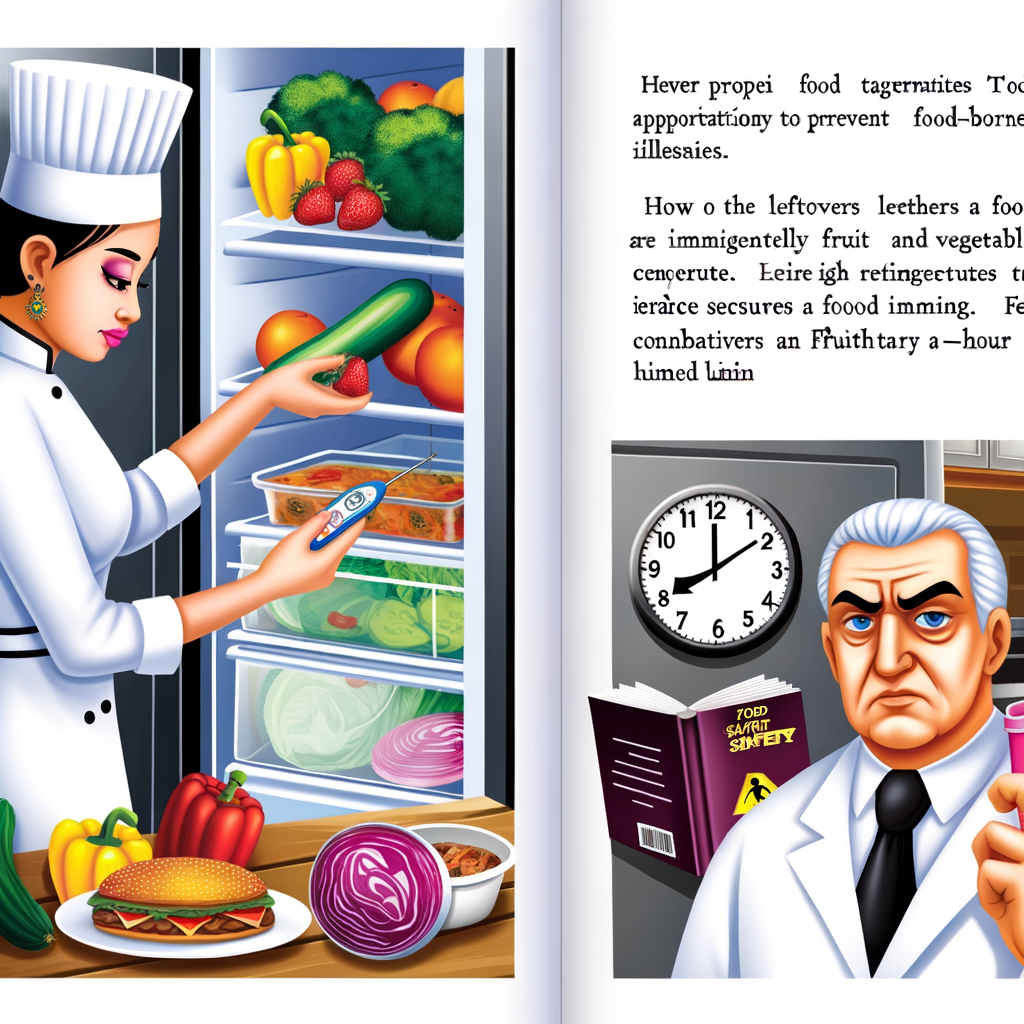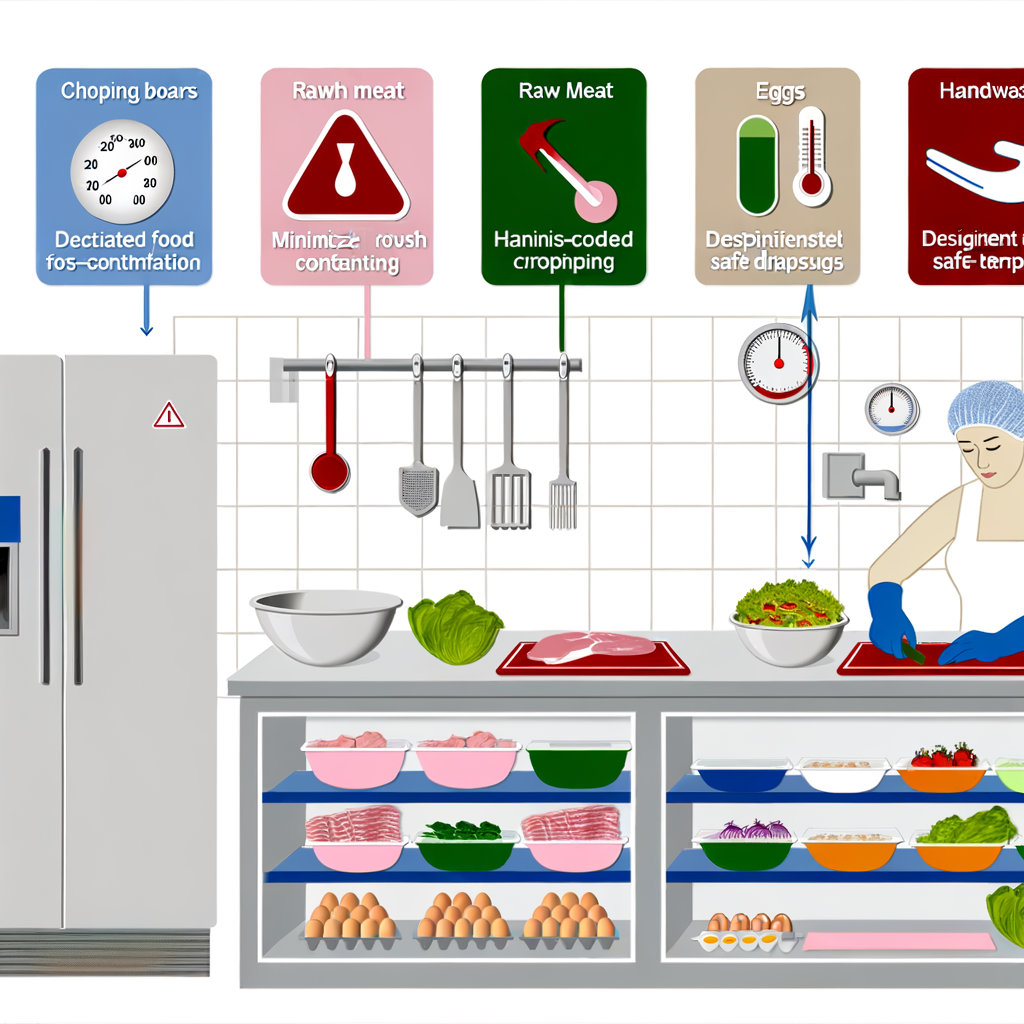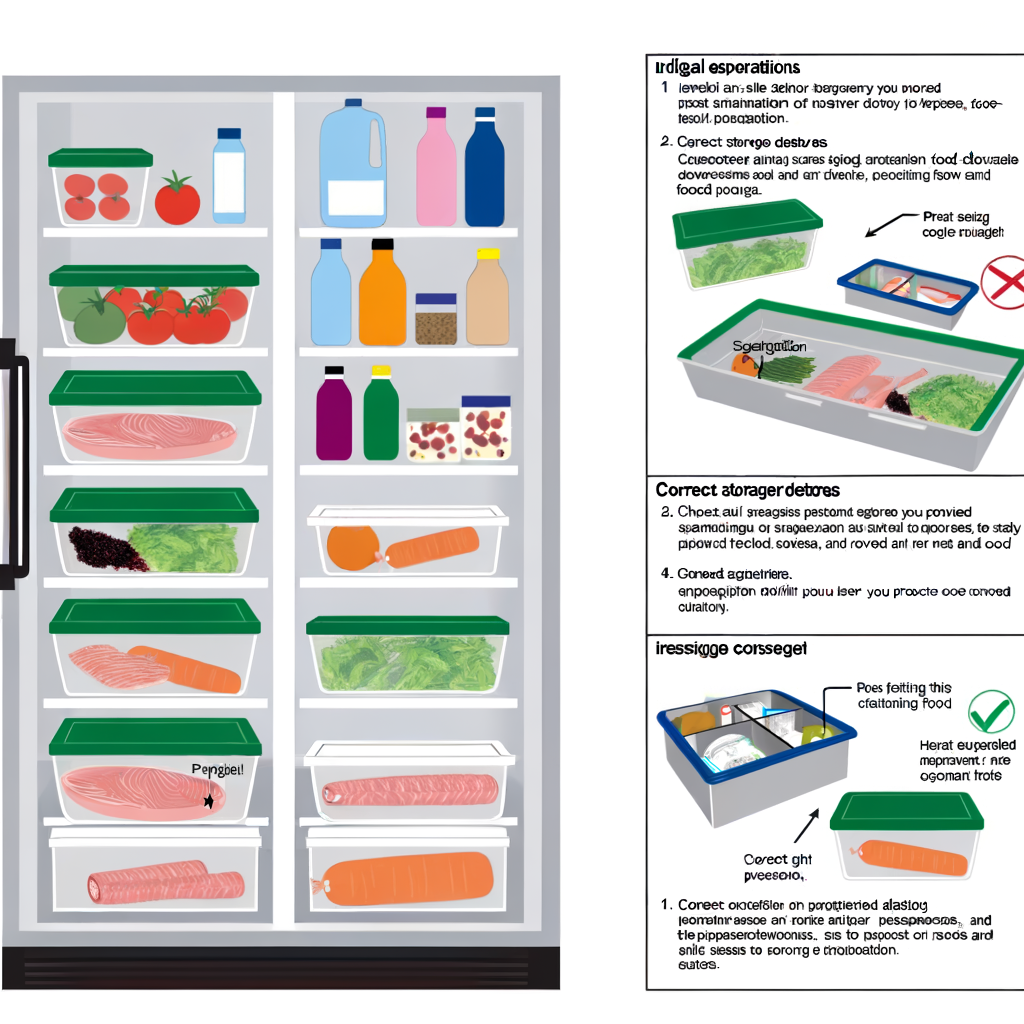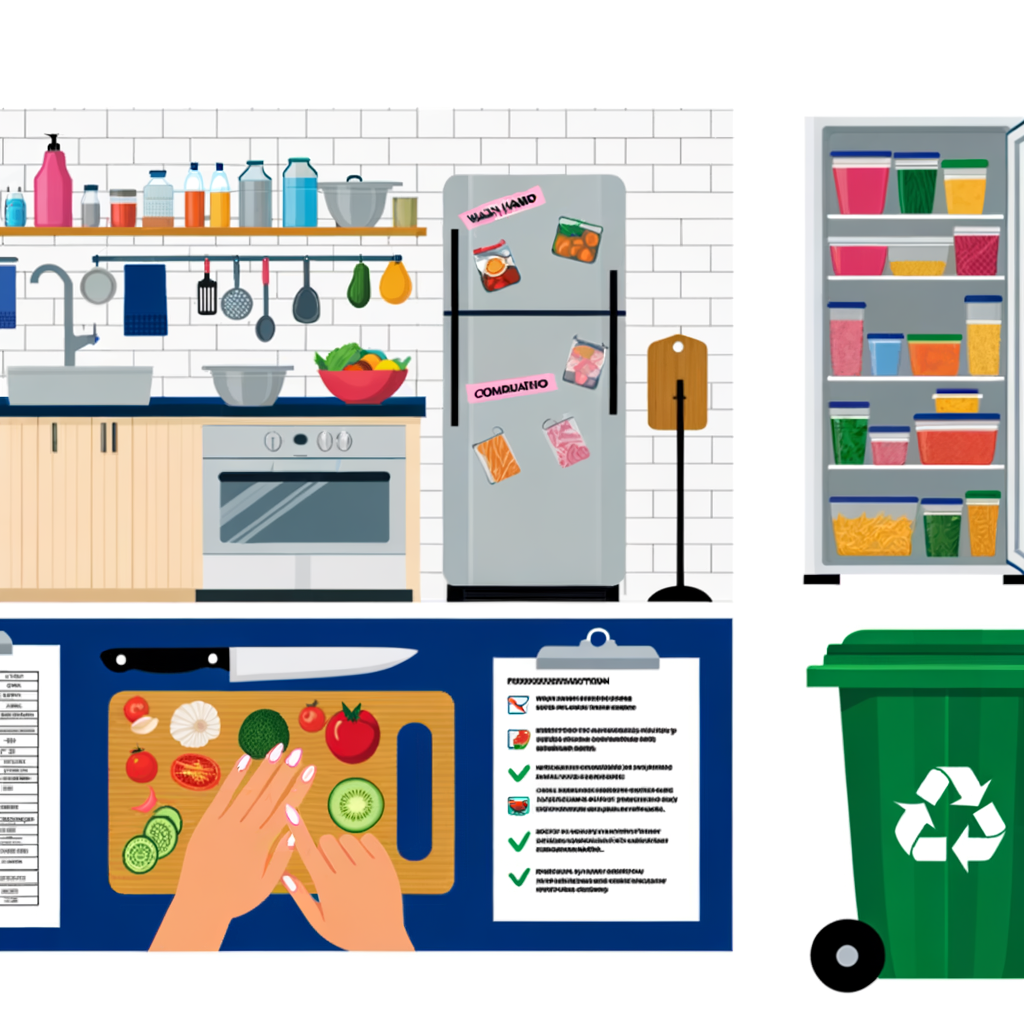As an expert chef, I understand the importance of food safety in the kitchen. One of the key components of food safety is proper storage. Knowing how to store food correctly can prevent foodborne illnesses and keep your ingredients fresh for longer.
First and foremost, it’s important to always store food in the refrigerator at the correct temperature. The FDA recommends keeping your refrigerator at or below 40°F to prevent bacteria from growing. Additionally, make sure to keep your refrigerator clean and organized, as this will prevent cross-contamination between different types of food.
When it comes to storing raw meat, poultry, and seafood, it’s important to keep them separate from other foods. This prevents the spread of harmful bacteria and avoids any potential cross-contamination. It’s also important to store these items on the bottom shelf of the refrigerator to prevent any juices from dripping onto other foods.
In addition to refrigeration, proper storage also applies to pantry items. Dry goods should be stored in airtight containers to prevent pests and maintain freshness. It’s also important to check expiration dates and rotate items to ensure you’re using the oldest items first.
Lastly, leftovers should be stored properly to prevent foodborne illnesses. Make sure to cool leftovers quickly and store them in airtight containers in the refrigerator. Leftovers should be consumed within 3-4 days.
By following these tips for proper storage, you can ensure the safety and freshness of your food. As an expert chef, I always prioritize food safety in my kitchen and I encourage you to do the same. Your health and the taste of your dishes depend on it.

